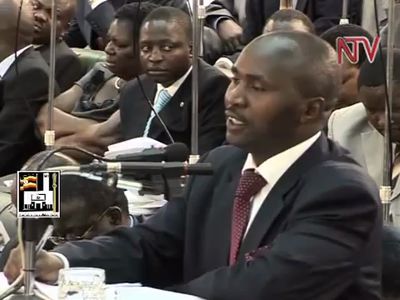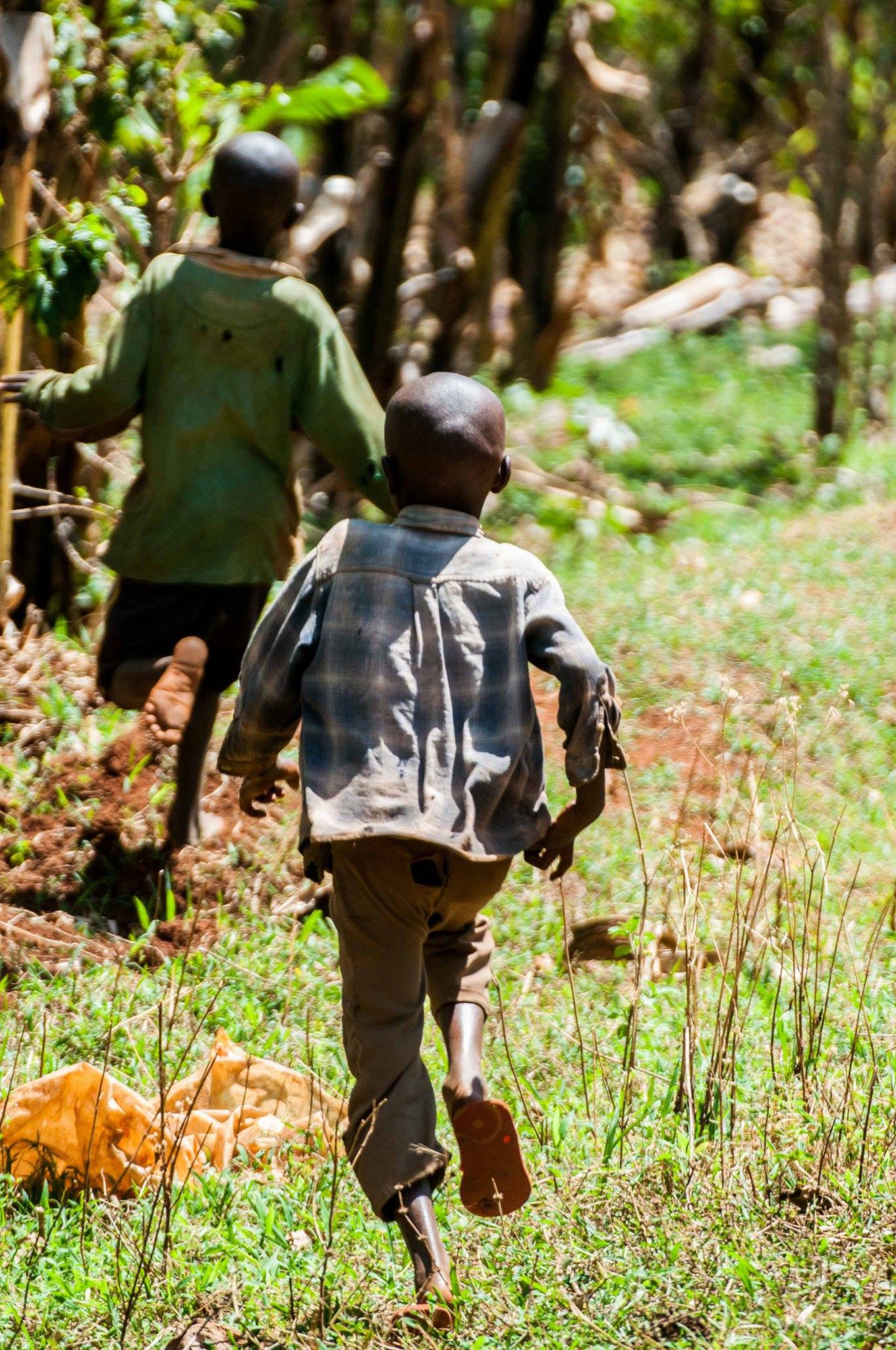The purging of age limits from the Uganda constitution will cost approximately $50 million. This is what MPs are demanding from the NRM according to several interviews – and the gravy rumour mill at Parliament Avenue.
Divided up, most MPs will take home at least $100K with regional political kingpins and fixers raking in as much as $300K says one source.
This of course is not about money. It is about the peace.
The purging of age limits from the constitution is the latest ruse to extend the status quo under President Yoweri Museveni in the face of many poor alternatives. They include an on-and-off “process” of national dialogue and the prospect of another disruptive election in three years time.
Not one of these alternatives promises a peaceful root and branch reform of Uganda’s top-heavy personalised political system of government. Most proposals are designed as short-term relief to prevent potential chaos.
It is against this cast of options that the money for lifting of age-limits should be seen.
Even some of the rumoured proposals for constitutional review (through a review commission that may be chaired by Hon. Mwesigwa Rukutana) such as the abolition of adult suffrage for president to allow a fully fledged parliamentary system may not go as far as Uganda needs to go.
This is partly because the conditions for an orderly transition are absent. They may include a civilian political culture, meaningful political competition that goes beyond the scramble for privileges amongst the elite, a non-partisan state security apparatus, an effective civil service and finally leaders who are willing to put the national interest beyond their own careers.
Personally I rather no more elections are held save for a constituent assembly to conduct the deep reforms the country needs to set it on a new path. Faced with such bad choices one must look rationally at if $50 million to secure the peace longer is such a bad idea.
There are undeclared but real uncertainties that could follow a departure of President Museveni as head of state and government, and commander-in-chief of the armed forces. Our history of violence bears witness to what disorderly transfers of power entail.
Aside from a potential full breakdown of public order the underlying ethnic tensions – the bane of political violence in the country are barely hidden today on the street exacerbated as they have by slow economic growth since 2008. In the ensuing period inequalities have been laid bare as privileges become concentrated on a state based elite whose power as been drawn partly from securing the presidency and expanding it.
Yoweri Museveni is, as Gen. David Tinyefuza now Sejusa once put it, the centre of gravity of the state. Since the return of multi-party politics, the entire enterprise that is the government has been renewed every five years by his re-election. At every election by returning him to office Ugandans are effectively renewing the license under which the current peace prevails.
Since the return of parties, which coincided, with the lifting of term limits the government has been even more centred on the presidency. That he does not rule by decree (and he has issued many directives with similar effect) is the contradiction that is Uganda’s hybrid democracy.
It is neither fully autocratic nor fully democratic. The country is divided along the lines of those who think democracy is weighed down by the imperial presidency and many who genuinely feel that is the democratic system itself that is weighing down a decent form of personal rule under President Yoweri Museveni.
This is the state of the peace.
Either way- if the centre of gravity shifts, the resulting weightlessness will cause a bloody collision between Uganda’s incomplete parts. For $50 million we get to pretend a little longer that we are governed by consent and put on our democratic lipstick like pigs dodging the slaughter on market day.
The inevitable will eventually happen.
However the option of cash for peace, as morally questionable as it is represents, a realistic anaesthesia for Uganda’s broken political system. There have been attempts to at a puritanical revival of the civil service by weaponizing evangelical professionals vetted politically by elite networks keen on purging the state of its lethargy and inertia. However these islands of intervention though effective in some sectors like revenue collection, roads and others look more like an extension of political patronage with clear political ends – hardly for God and Country.
Today the ideological bankruptcy of the centre, which governs, is matched only by the idolatry of money in politics. It is a perverted wealth gospel that is hard to escape and summed up in the nationally declared goal of “ middle income”.
It may help to note that indeed there is no real ideological competition in the country. What exists is a single establishment that straddles both the elected government and its opposition.
The symbolism of a single, if divided, political family could not have been stronger than the gathering at the funeral of the late Boniface Byanyima. There was his daughter Winnie, a one-time supporter of Yoweri Museveni and close confidant who was accompanied by her husband Dr. Kiiza Besigye, the man who has led the charge that Museveni must go for nearly 20 years.
Also present amongst the many representatives of the government and the opposition was Foreign Affairs Minister – a key figure in state-business relations who is also the father-in-law to President.
The establishment is today homogenous not simply in terms of geography or because most of its leaders are from the west of the country or that it is made up of compatriots with the same worldview. It is also homogenous because it occupies a historical moment where money has never been as important to Ugandan political life.
Over the past three elections, especially since terms limits were controversially lifted from the constitution in 2005 for a fraction of what is being mooted here, Uganda went from money in politics to politics of money.
Perhaps it was what Dr. Ezra Suruma, former Finance Minister, said to me (in 2005) as being the new ideology of ‘pragmatism” or put differently that the end justifies the means.
Aspiring candidates for Member of Parliament calculate their chances of winning at the poll in terms of spend and can be expected to view their service when in office in terms of earnings. The average constituency seat cost about $100 thousand in the last election though in some heavily contested races deep-pocketed competitors may have dropped as much as $400-500K.
One survey of 113 MPs from the 10th Parliament about campaign funds done before the 2016 elections estimated their collective spending for primary and general elections at Shs 24, 745, 700,000 (approx. $7 million). Once in office MPs whose chances to stay for a second term have been reducing by over 60% every election since 2006 have a choice – to build a war chest for the next race or cash in now.
A recent leaked parliamentary payroll showed many MPs – in both the NRM and the rest struggling with debts with some going home with less than Shs 15,000 of their over 20 million gross takings. Some ministers took home less than Shs 100,000 in March 2017.
The commodification of public service through the commercialization of public service is near complete. So should it really be offensive that for $50 million this restive peace can be extended for a bit longer?











I wouldn’t agree more